Welcome to Climate Diet
Connecting Diet to a Healthier Earth
Climate Diet Weekly Digest - Reaching communities around the world with powerful insights—sharing the right message for a better planet
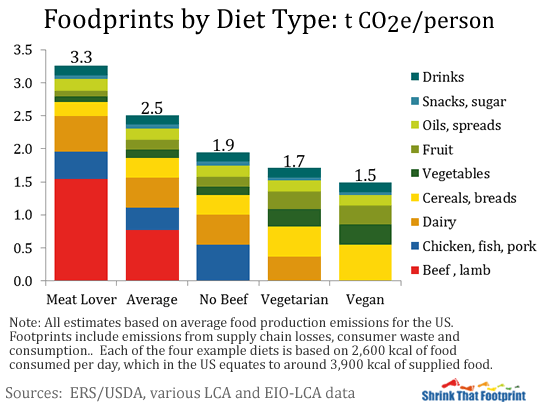
FoodPrints by Diet: How Does Your Plate Impact the Planet? Weekly Digest – June 18, 2025
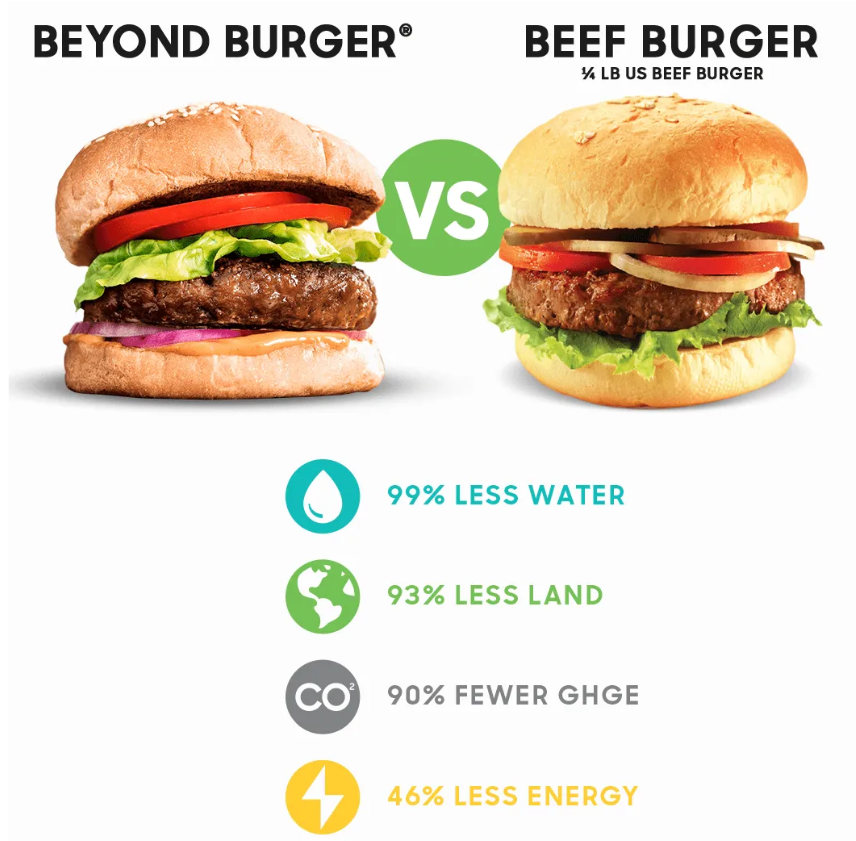
Plant-Based vs. Beef Burgers: What’s Really Inside? | Weekly Digest – June 11, 2025
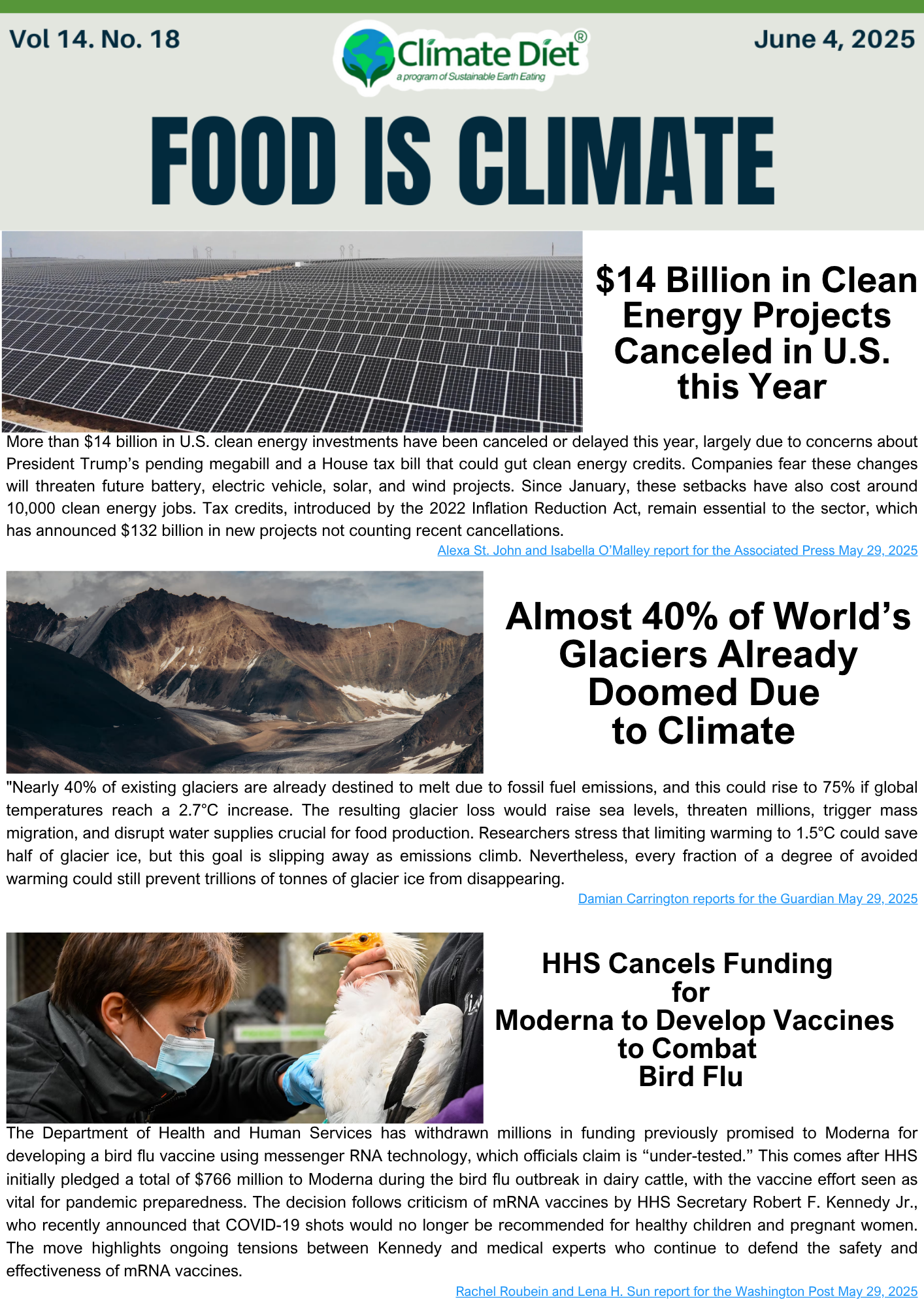
Climate Diet Monthly Newsletter – June 04, 2025: Fresh news for changemakers, from climate action to vegan innovation
💡 $14 Billion in U.S. Clean Energy Projects have been canceled in 2025, highlighting setbacks amid political and regulatory challenges.
🚰 The Louisiana House blocked a bill to ban fluoride in drinking water, siding with public health experts supporting its safety.
🎥 Climate Diet shares its latest YouTube conversation discussing how food choices impact the climate crisis.
Latest Announcements & Events
Watch this space for important announcements and upcoming events — they’ll all appear right here!
Want updates delivered straight to your inbox? Subscribe to our newsletter below.
Message From Our Ceo
Jane DeMarines
Climate Diet NewLetter

Today’s enviro news summary looks at U.S. tree management, Catholics’ hope for tree protection, and EPA employee cont’d job woes.
Stay up to date with our latest events and podcasts. Sign up for our weekly news digest!
Climate Diet Presents – Climate & Cuisine Podcast
Exploring how food choices impact our planet
🌍 Discover the powerful connection between diet and the environment
🥦 Learn how veganism reduces greenhouse gas emissions and supports sustainability
🌾 Explore the role of plant-based eating in preserving biodiversity
🍽️ Enjoy insights into delicious, eco-friendly vegan cuisine
📢 Hear inspiring stories and expert interviews on climate-friendly eating
🔄 Find out how small dietary changes can create a big environmental impact
👉 Tune in and be part of the movement toward a healthier planet—one bite at a time.
With over 10,000 listeners and viewers worldwide, the Climate and Cuisine podcast is distributed across all major podcast platforms globally. Our YouTube channel receives over 5,000 views each month, with new podcast episodes released every week.

- 🎓Senior Policy Advocate at Friends of the Earth
- 🌱Leads advocacy for federal and state policies promoting climate-friendly school food
- 🍔Supports the work of the Plant Powered School Meals Coalition
- 🥦Longtime advocate for plant-based diets as a tool to reduce environmental impact
- 📚Passionate about the intersection of food, climate, and equity
- 🌍Enjoys hiking, gardening, and plant-based cooking in her free time









Watch Latest Episodes - From Cow’s Milk to Climate Change: The Untold School Lunch Story
✨ What You’ll Learn in This Episode:
How a childhood documentary led Meghan to veganism and environmental activism
What’s really in school lunches—and why plant-based options are rare
The surprising policies behind the push for cow’s milk in schools
The climate and health impact of even small shifts to plant-based school meals
Real stories: How schools are saving money and the planet by cutting back on meat and dairy
New bills and advocacy efforts that could change what kids eat across the U.S.
How inclusive, plant-based meals can celebrate culture and global flavors
Veganism: More Than a Lifestyle—A Growing Culture
From red carpets to green choices—celebrities are fueling the vegan revolution

Joaquin Phoenix
Vegan actor Joaquin Phoenix doesn’t let the pressures of Hollywood stand in his way of spreading the vegan message. The actor hit the headlines in February 2020 with his powerful Oscar’s acceptance speech slamming the cruel dairy industry.Taking to the stage, Phoenix urged people to adopt a plant-based diet to lessen the suffering of farmed animals.
“We’ve become very disconnected from the natural world,” he warned the star-studded audience.
He also questioned why “we feel entitled to artificially inseminate a cow and steal her baby, even though her cries of anguish are unmistakable.”The actor has been vegan since he was 3 years old after he and his siblings “witnessed fish being killed in a really violent and aggressive way.”As well as featuring in a number of vegan billboard ads for PETA, he also attends protests and vigils. In fact, just hours after winning an Academy Award for Best Actor he was seen liberating cows from slaughter.

Jenna Dewan
Dancer and actress Jenna Dewan went vegan in 2013 after being vegetarian for 22 years. She explained to the LA Times: “When I was 10 or 11, I saw a program on slaughterhouses.“I just remember being blown away, utterly traumatized. And I declared the next day that I was never eating meat again. And I didn’t—it started then.“As I got older, I learned more, and as I understood about the sufferings of factory-farmed animals it just tears into you.”Like many vegan celebrities, she has participated in numerous PETA and other animal rights campaigns, criticising the use of animals for fur, clothing, cosmetics and other beauty products.What’s more, she even tried to get ex-husband Channing Tatum on the vegan train during their marriage, now that’s definitely a plus!
Bryan Adams
Music Bryan Adams has been vegan since 1989 and regularly shares his passion for vegan food and fashion to his fans on social media.In an Instagram post, Adams revealed that he “stopped eating animals including fish when I was 28 and I’ve never looked back.”The long-term vegan added that he was excited to “see the change that is happening as people embrace a more plant based diet.”Keen to spread the vegan message far and wide, Adam’s encourages his fans to go vegan on his social media accounts, saying: “If you want to see your health improve and you care about the planet, go vegan”.Unlike many vegan celebrities, Adams’ love for animals is the reason he first turned vegan and has remained a vocal supporter for over 33 years.In fact, Adams told PETA that his life’s motto was “If you love animals, don’t eat them.” We couldn’t agree more!
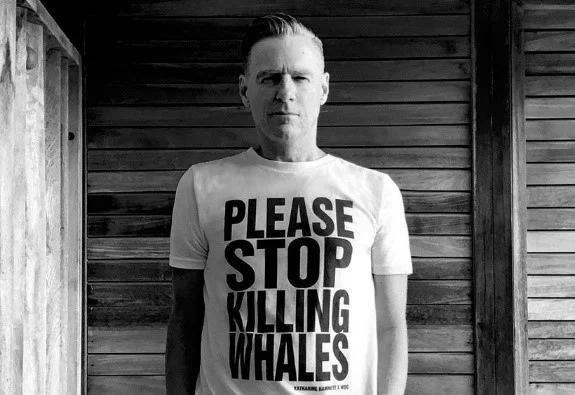
Help us to Continue Helping you!
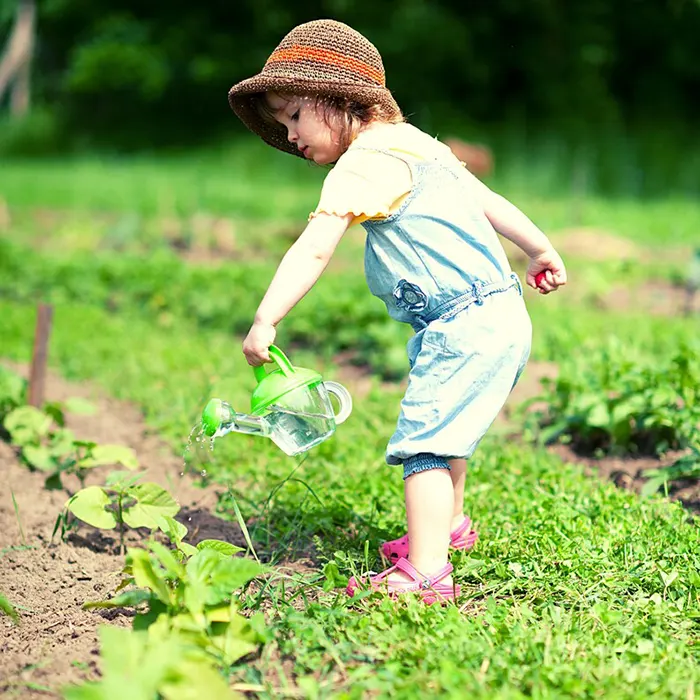
Climate Diet believes in empowering individuals with the knowledge and resources to make informed dietary choices that favor the planet. * Whether you currently follow an omnivore, vegetarian, or vegan diet, we offer insights and guidance to enhance your positive impact on Earth’s sustainability.
Help support our cause by signing up for our free newsletter! We’ll keep you informed with timely news, inspiring stories, and actionable tips to contribute to saving our planet.
But we hope you will contribute a tiny fee to cover the systems to maintain names and mailing services to you— of $10/year, or a $3/month fee, or if you can afford more, we appreciate that.
Climate Diet’s other programs include:
- Educational toolkits for teachers that are targeted to the populations most at peril due to food deserts, or lack of stores to buy food.
- Community based educational programs in Maryland, Virginia and the district reaching as many as 24,000 people a year, where we offer guidance and food samples face to face.
- Webinars for adults, students.
- Speaking nationally on panels promoting pro-planet efforts.
- Advocacy for legislation helping our planet
- A $4/month donation can provide training to 2 students for an entire year.
Our Latest Event
Press Release
Newsletter
 Earth Day Webinar – Climate Change & Impact of Animal Agriculture
Earth Day Webinar – Climate Change & Impact of Animal Agriculture
Uncover the real drivers of climate change, from corporate meat corruption to methane myths
Explore critical issues like food injustice and the power of your plate to spark change
Hear from leading experts including Dr. Sailesh Rao, Chloe Sorvino, Gerard Bisshop, and more
Gain hard-hitting truths, bold solutions, and inspiring hope for a livable future
Watch, learn, and reclaim your power as a climate-conscious citizen eater 🍽️💪
Don’t miss this eye-opening event — your fork is your power!
Stay up to date with our latest events and podcasts. Sign up for our weekly news digest!
Help us to Continue Helping you!

Climate Diet believes in empowering individuals with the knowledge and resources to make informed dietary choices that favor the planet. * Whether you currently follow an omnivore, vegetarian, or vegan diet, we offer insights and guidance to enhance your positive impact on Earth’s sustainability.
Help support our cause by signing up for our free newsletter! We’ll keep you informed with timely news, inspiring stories, and actionable tips to contribute to saving our planet.
But we hope you will contribute a tiny fee to cover the systems to maintain names and mailing services to you— of $10/year, or a $3/month fee, or if you can afford more, we appreciate that.
Climate Diet’s other programs include:
- Educational toolkits for teachers that are targeted to the populations most at peril due to food deserts, or lack of stores to buy food.
- Community based educational programs in Maryland, Virginia and the district reaching as many as 24,000 people a year, where we offer guidance and food samples face to face.
- Webinars for adults, students.
- Speaking nationally on panels promoting pro-planet efforts.
- Advocacy for legislation helping our planet
- A $4/month donation can provide training to 2 students for an entire year.
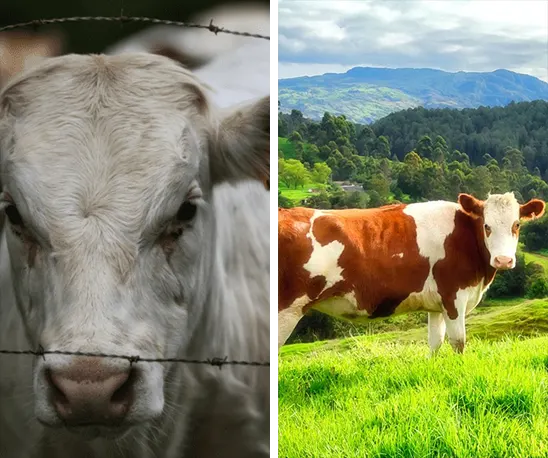
A Sustainable Earth Eating Program
Welcome to Climate Diet
At Climate Diet, we shed light on a critical, yet often-overlooked climate change culprit—animal agriculture. Recognized as the second-largest producer of human-made greenhouse gas emissions, animal farming is also the leading cause of deforestation, pollution, biodiversity loss, and soil erosion.
While seeking environmental-friendly alternatives to fossil fuels is paramount, it’s equally important for humanity to choose a more sustainable, plant-based diet. Together, we can tackle the dual challenges of climate change and food insecurity.
Want to join our cause? Sign our Meat Down Pledge or support our mission by donating to our non-profit organization.
Join Our Meat Down Pledge AND Help The Earth BY Eating Less Meat !
Still Eating Meat And Dairy?
We all yearn for ways to make a meaningful impact on our planet’s well-being. One simple yet powerful step to achieve this is to reduce our carbon footprint by consuming less meat and dairy. Our Meat Down Pledge offers an opportunity to affirm your commitment to this cause.
Why take the pledge? By pledging to abstain from eating meat, fish, or dairy just one day per week, we can bring about a significant change. Imagine if the entire U.S. joined us for a month: we would eliminate 9 million tons of carbon per day. Continuing this for a year would lead to 144 million tons of carbon reduction. The effect would be akin to replacing 25 million vehicles with electric ones!
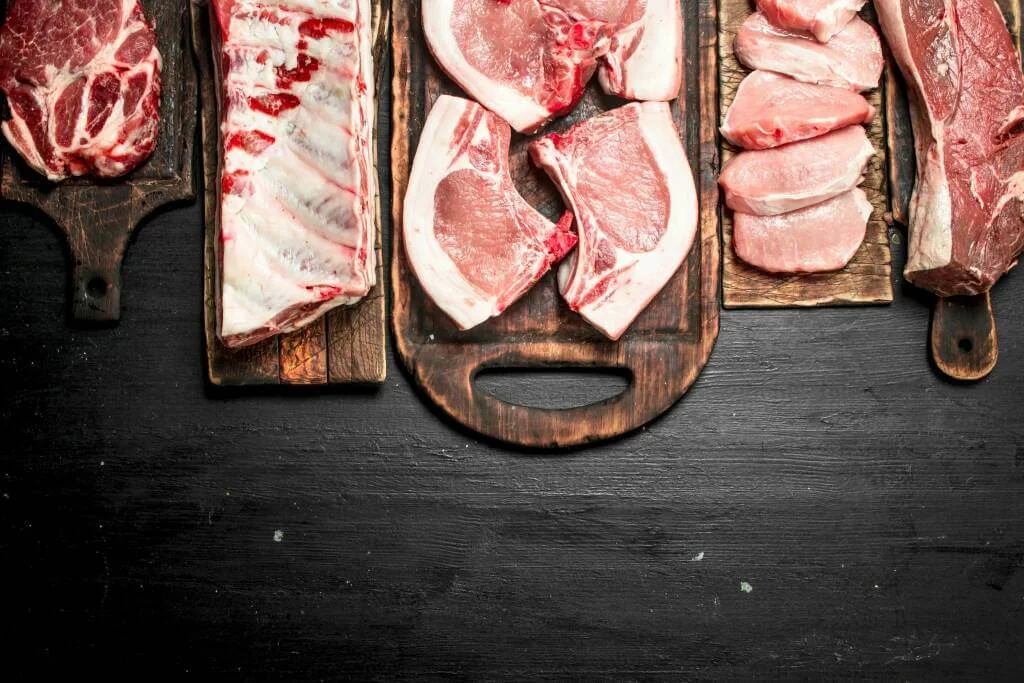
Human Meat Consumption – Cattle — Biggest Contributor to Record Methane Emissions in Climate, Reported By Scientists Today
Washington DC – September 10, 2024
Today’s alarming report from the Global Carbon Project, an international team of scientists, found methane levels are currently projected at the “worst case scenario. Nevertheless, the chart accompanying their report shows cattle and manure at the very top level of these methane emissions, not fossil fuels.
In all food groups, Climate Diet, a nonprofit dedicated to creating awareness of how a person’s diet impacts on the environment, found that beef consistently sits at the top of greenhouse gas emissions.
Consumers need to be aware that buying a hybrid may not be the most potent act in helping prevent continuing climate change impacts, but choosing a reduced-meat diet can produce a measurable and important effect.
Consumers can help reduce climate change impacts, especially methane, by what they eat. That means consumers can help by reducing their meat consumption, especially beef, which is the largest contributor on the methane chart, said Climate Diet Executive Director, Jane DeMarines.
U.S. schools can play a part by producing school lunches without meat one or two days a week, creating a comprehensive, sustaining and measurable response, while educating the next generation, said DeMarines.
Fundraising
Hottest Days on record were in July! Yes, 3 of the hottest days ever occurred last month…
Dear friend, Hottest Days on Record recorded this month! Yes, 3 of the hottest days ever recorded occurred in the past month…with devastating impacts worldwide-
Deaths from extreme heat in Africa and Middle East
Deaths from dehydration on hiking trails in the U.S.
Further warming of the ocean, contributing to more devastating storms!!
We can feel alarm—but not despair because there are actions we can take to lower our carbon footprint—and limit climate change.
Climate Diet was formed 3 years ago to do precisely this—promote awareness of human actions—our diets—and how they contribute to climate change. Visit www.climatediet.org

What we Do
At Climate Diet, we shed light on a critical, yet often-overlooked climate change culprit—animal agriculture. Recognized as the second-largest producer...

History
In 2021, our founder Jane DeMarines was planning her retirement after years of leadership in public affairs, media relations, fundraising, and Federal program management...

Our Mission
We are on a mission to educate and inspire individuals about the profound effects of their food choices on the planet’s climate. Animal agriculture’s influence on the environment...
Plant Based Recipes
Erin & Jane’s Kitchen

Vegan Strawberries & Cream Cupcakes
🧁 Ingredients: 1 cup flour ½ cup blended fresh or freeze-dried strawberries ½ cup sugar ¾ cup almond milk ¼ cup oil 1 tsp vanilla 1 tsp baking powder 🍓 Frosting: 1 can chilled coconut cream (solid part only) 1 tbsp strawberry puree 1 tbsp maple syrup (optional) 🔪 Steps: Preheat oven to 350°F (175°C). Mix wet and dry ingredients separately, then combine. Fold in strawberry blend. Pour into cupcake liners and bake for 18–20 mins. Whip frosting ingredients until fluffy. Pipe or spread over cooled cupcakes. Garnish with strawberry slice!

Gluten-Free Vegan Applesauce Oat Cake
✅ Ingredients: 1 ½ cups oat flour (or blend rolled oats into flour) ½ cup almond flour (adds softness and flavor) 1 tsp baking powder ½ tsp baking soda 1 tsp cinnamon ¼ tsp nutmeg (optional) ¼ tsp salt 1 tbsp ground flaxseed + 2½ tbsp water (flax egg) 1 cup unsweetened applesauce ⅓ cup maple syrup (or agave nectar) ¼ cup neutral oil (or nut butter for oil-free option) 1 tsp vanilla extract ½ cup chopped walnuts or raisins (optional) 🥣 Instructions: Preheat oven to 350°F (175°C). Line an 8x8" baking dish with parchment or lightly grease it. Prepare flax egg: In a small bowl, combine flaxseed and water. Let sit for 5 minutes to gel. Mix dry ingredients in a large bowl: oat flour, almond flour, baking powder, baking soda, cinnamon, nutmeg, and salt. Mix wet ingredients in another bowl: applesauce, maple syrup, oil, vanilla, and flax egg. Combine wet and dry ingredients, stirring until just mixed. Fold in nuts/raisins if using. Pour batter into prepared pan and smooth the top. Bake for 30–35 minutes, or until the center is firm and a toothpick comes out clean. Cool completely before slicing. Optional: dust with cinnamon or drizzle with maple glaze.

Vegan French Bread Pizza
INGREDIENTS
1 loaf French bread, halved lengthwise
½ cup pizza sauce
½ cup vegan cheese (mozzarella or cheddar)
¼ cup sliced olives, bell peppers, or mushrooms
1 tsp dried oregano
1 tbsp olive oil
Make the World a Better Place for Everyone
Sign Our Petition To Help Change Laws & Regulations Affecting Climate/food Production.
Meat Consumption
Hurting Our Planet
Do You Really Need Meat?
Animal agriculture is one of the leading contributors to climate change, taking up 80% of the world’s land area but only contributing to 20% of the global supply of calories. Most Americans consume more protein from meat than nutrition experts recommend. Renowned chef Alain Ducasse states, “Vegetable protein is more than enough to satisfy the nutritional needs of an individual.” Clearly, we don’t need as much meat as we’re consuming.
A staggering 70 billion animals are raised annually for human consumption, taking up 80% of global agricultural land. Furthermore, 16% of global freshwater is dedicated to growing livestock. With the demand for meat and dairy products expected to rise, we are placing a massive burden on Earth’s finite resources.
The solution to this looming environmental crisis is to shift to plant-based meals as much as possible. Why kill an animal for a burger when you can get one made from plants that are just as tasty and better for you?
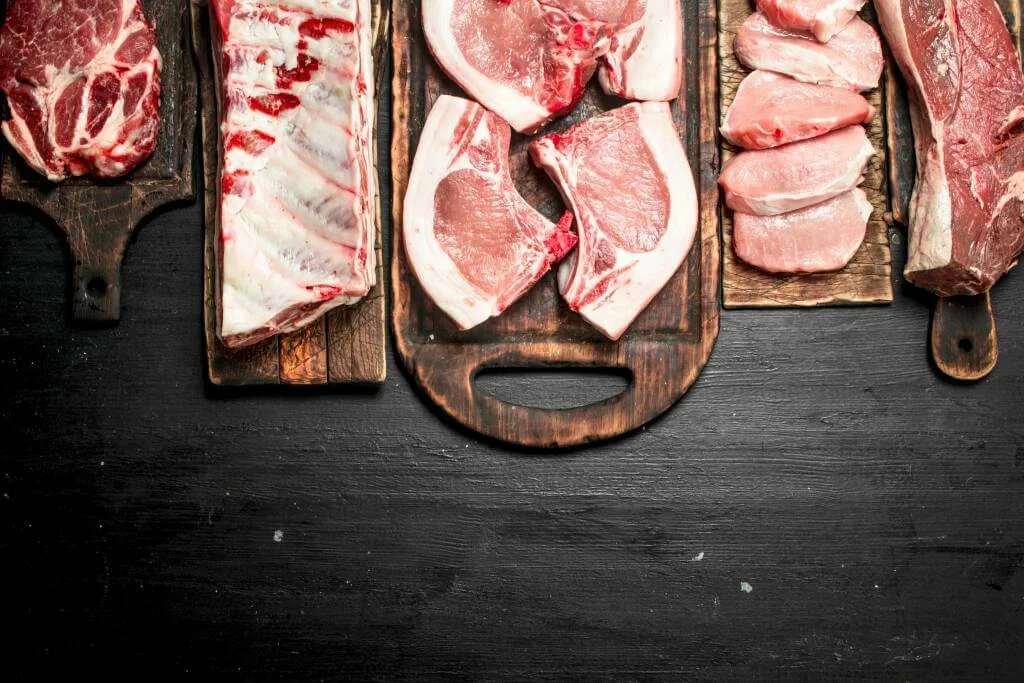
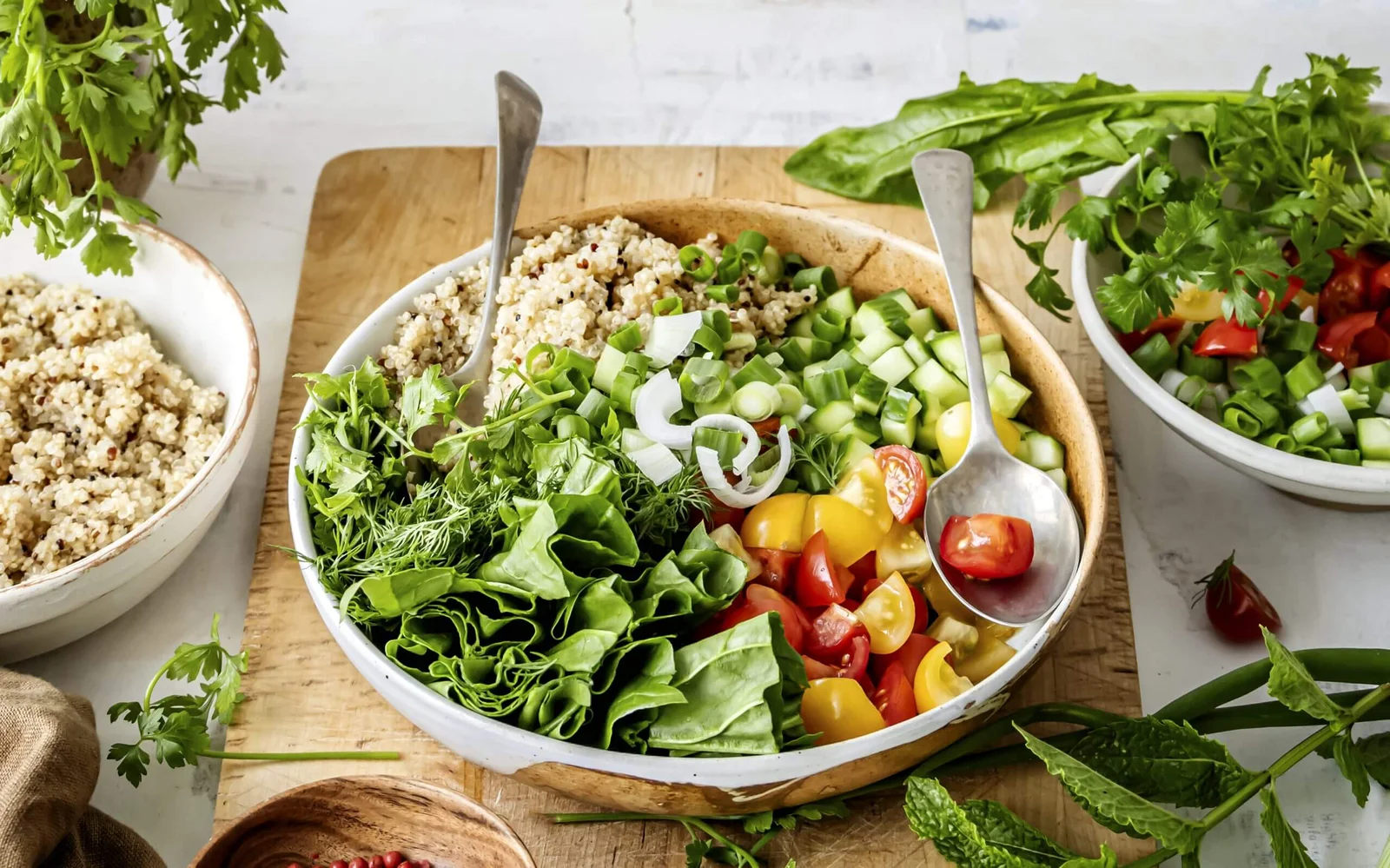
A Healthier Alternative
“LET THY FOOD BE THY MEDICINE AND MEDICINE BE THY FOOD.” – Hippocrates
Plant-based diets have been proven to offer numerous health benefits. Plants are rich in fiber, which can help lower cholesterol, stabilize blood sugar, and promote good bowel health. Additionally, a diet rich in fruits, vegetables, and whole grains reduces the risk of cancer, heart disease, stroke, diabetes, and mental illnesses.
Leading medical expert Dr. Neal Barnard emphasizes that “A plant-based diet is not only the easiest and healthiest way to lose weight and keep it off, but all the ‘side effects’ are good ones. It’s a powerful way to turn conditions such as high cholesterol, high blood pressure, or type 2 diabetes around.”
Be A Superhero!
The best part about shifting to a plant-based diet is knowing your diet choices protect the environment. Turning ranch land into forests will mitigate the effects of climate change and create new habitats and reduce water pollution. You don’t need to have a cape to be a superhero—you just need to choose to switch to delicious and healthy vegetables!

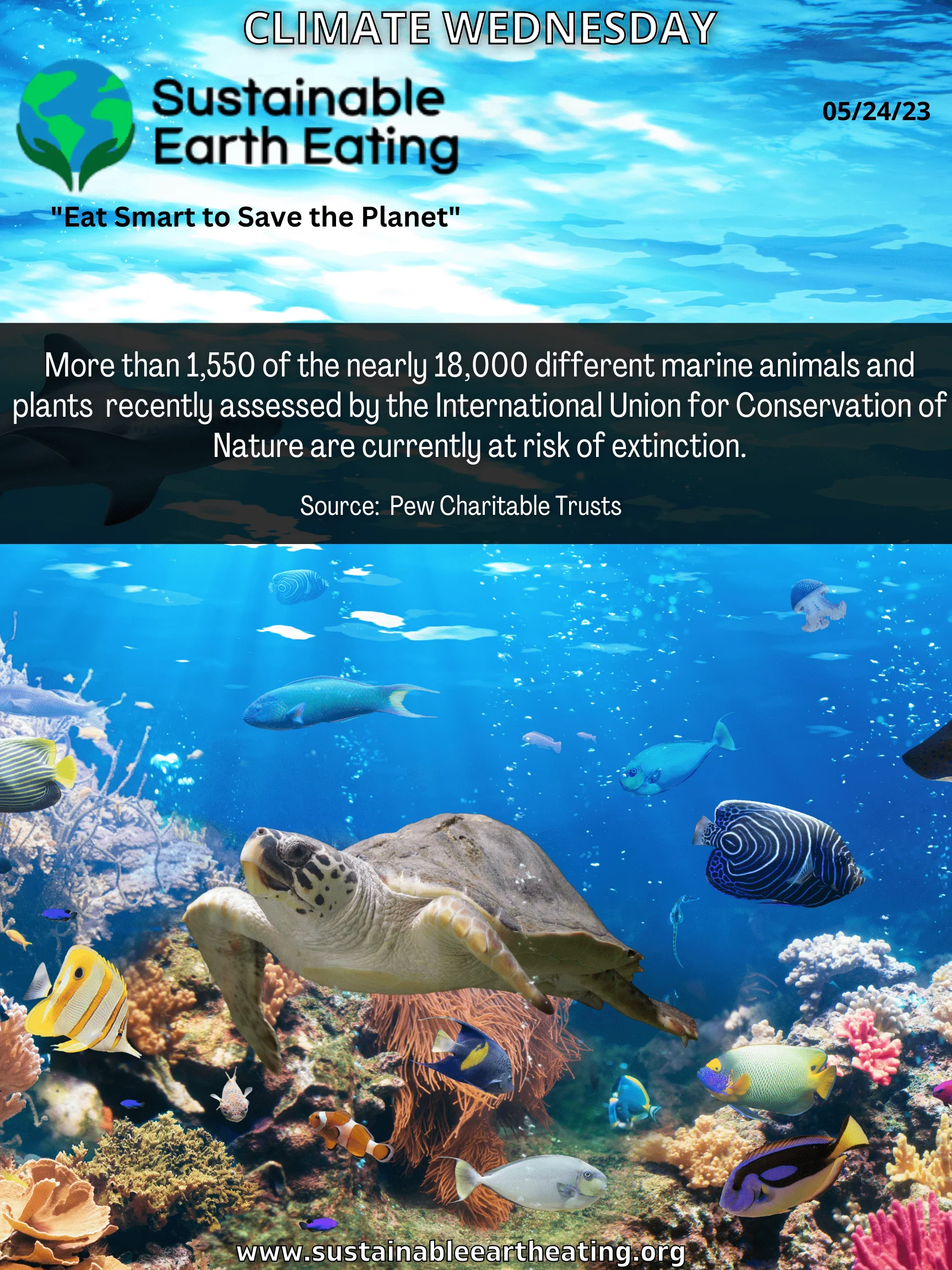
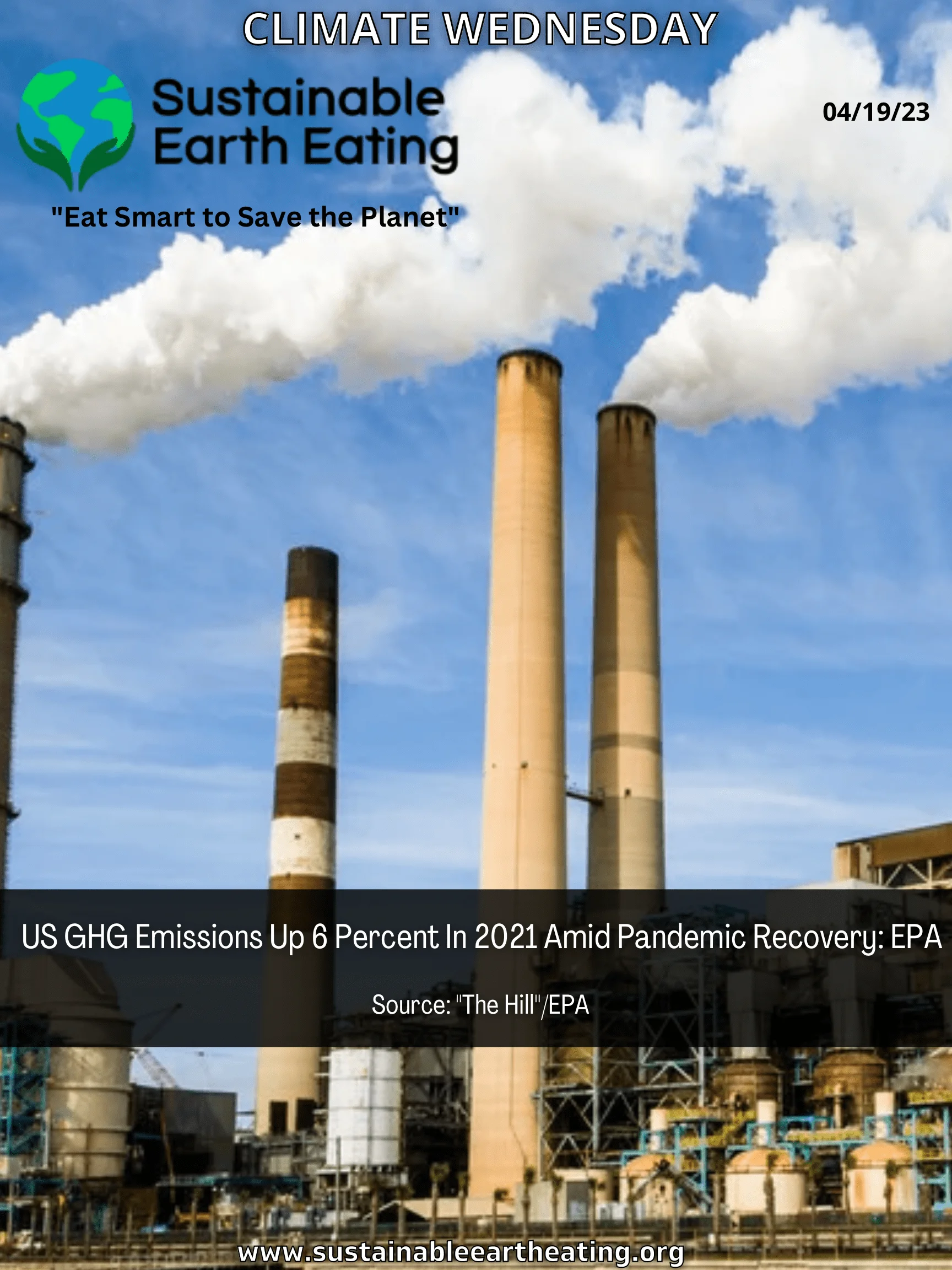

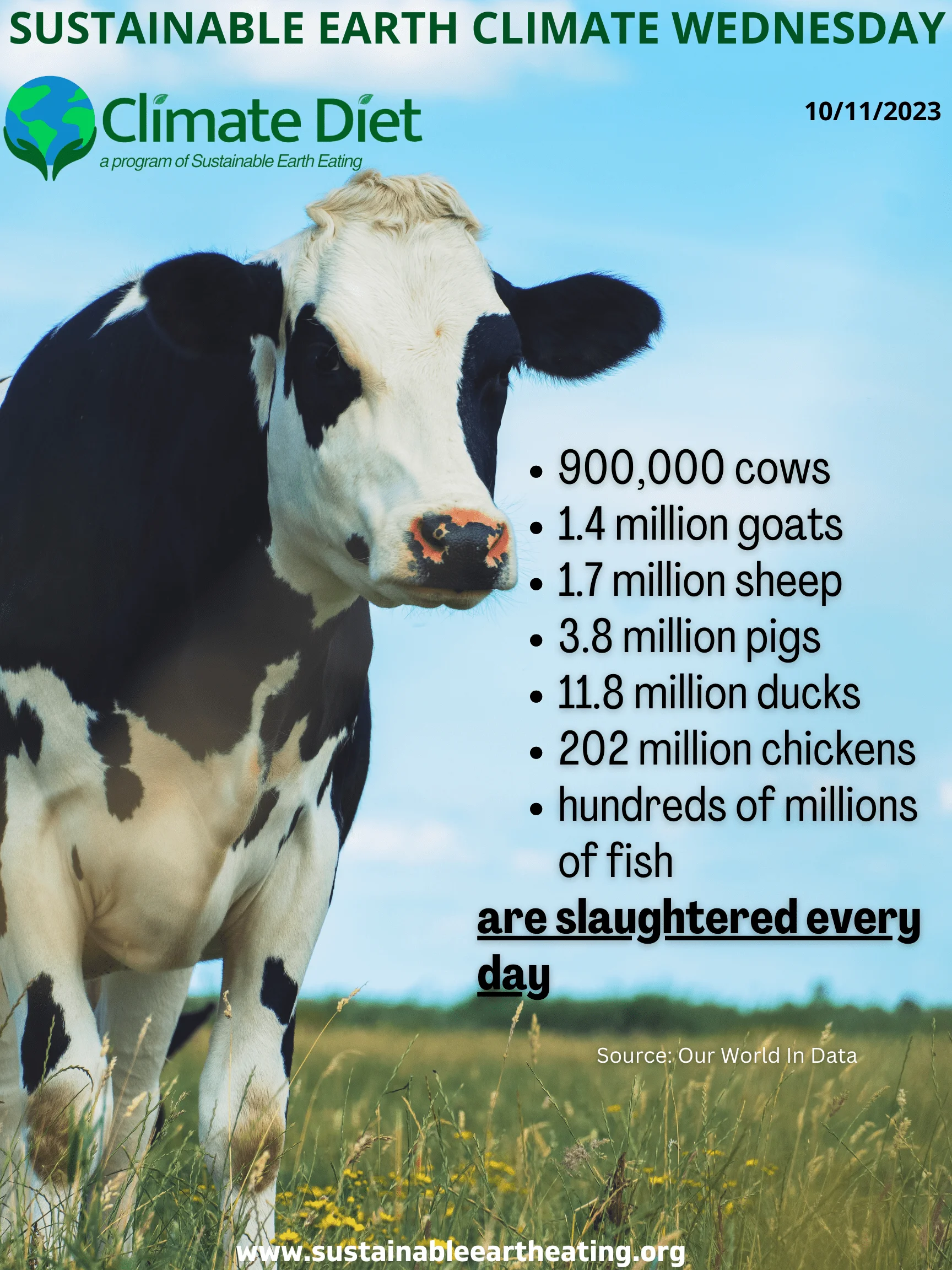
Why Support Climate Diet?
Educational Resources: Learn about the impact of food choices on climate change, environmental sustainability, and health.
Community Engagement: Join a community of like-minded individuals passionate about sustainable living and responsible eating.
Plant-Based Recipes: Explore delicious and nutritious plant-based recipes for all occasions, from quick weekday meals to festive celebrations.
Sustainable Eating Guides: Discover helpful tips and strategies for transitioning to a sustainable, plant-based lifestyle.
Environmental Advocacy: Be a part of our advocacy programs promoting environmental conservation, animal welfare, and responsible agricultural practices.
Interested in making a positive change? Explore our educational resources, join our community, or browse our collection of plant-based recipes. Together, we can build a weather-resilient future and create a world where sustainable eating is the norm.

Climate Diet Thanks our sponsor:
Good Mood Foods for supporting our nonprofit work.
Sign Up Our Newsletter
At Climate Diet, we shed light on a critical, yet often-overlooked climate change culprit—animal agriculture.
Quick Links
- About
- News
- Plant Based Recipes
- Meat Down Pledge
- Subscribe
- Support Us
Information
- Give Through Goodshop
- Make a Donation to Climate Diet

Contact Us
If you have any questions or need help, feel free to contact with our team.
demarinesj@gmail.com
demarinesj@gmail.com
- Career
- Terms & Conditions
- Privacy Policy
- Sitemap
Copyright © 2025, Sustainable Earth Eating. All rights reserved | Developed by xava.co.in

Help promote our educational programs for middle and high school students on health benefits of plant-based eating, by giving $3 per month.
Your donation educates the next generation...
With Climate Diet's Power of Food Program
All gifts and donations to Climate Diet, a 501C3 are 100% tax deductible under the federal tax code. Climate Diet's Employer ID code is: 87-2319491

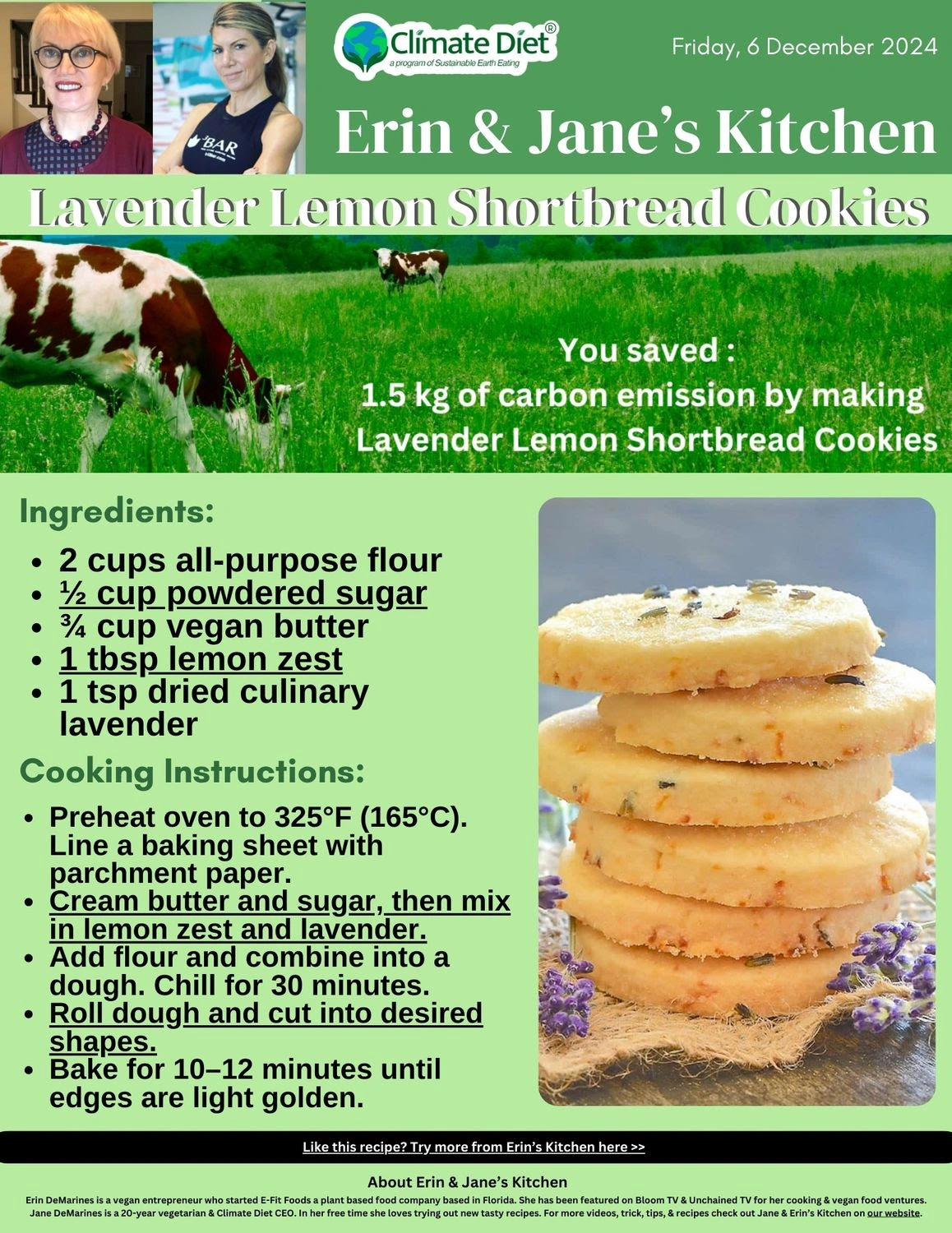


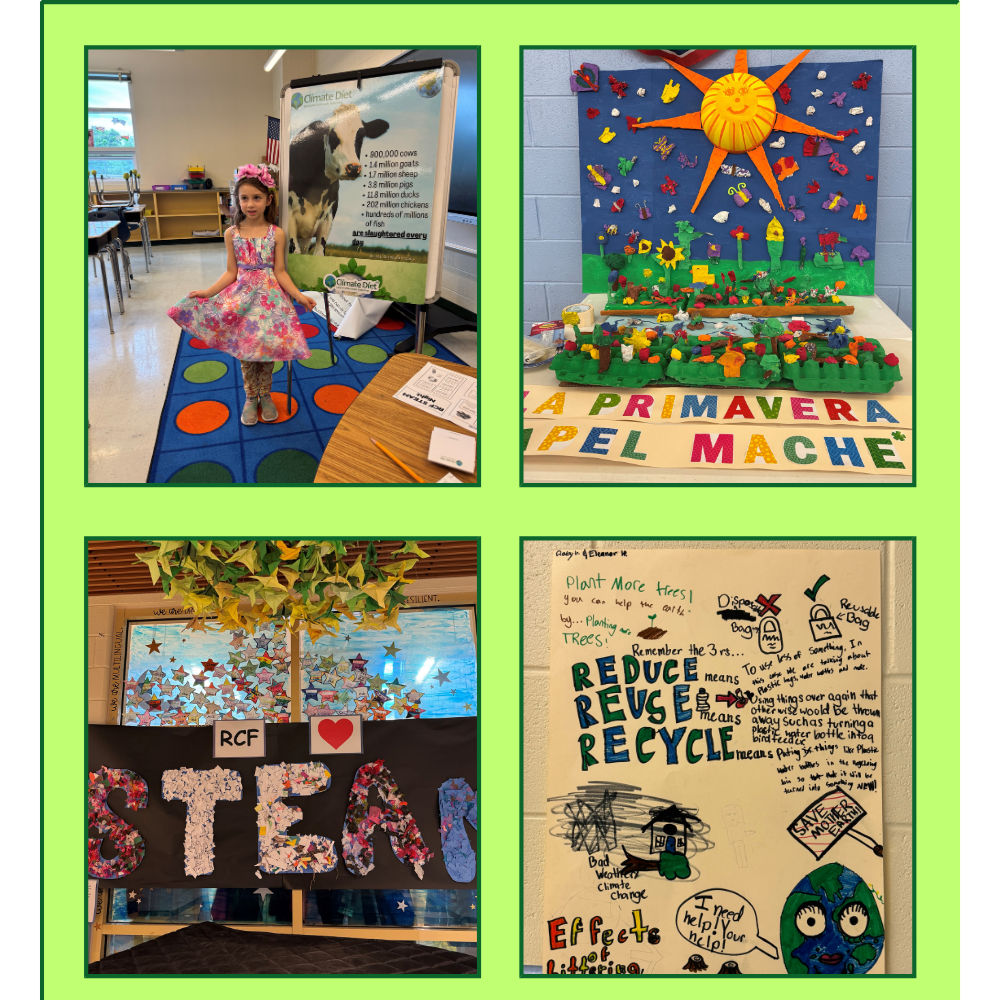

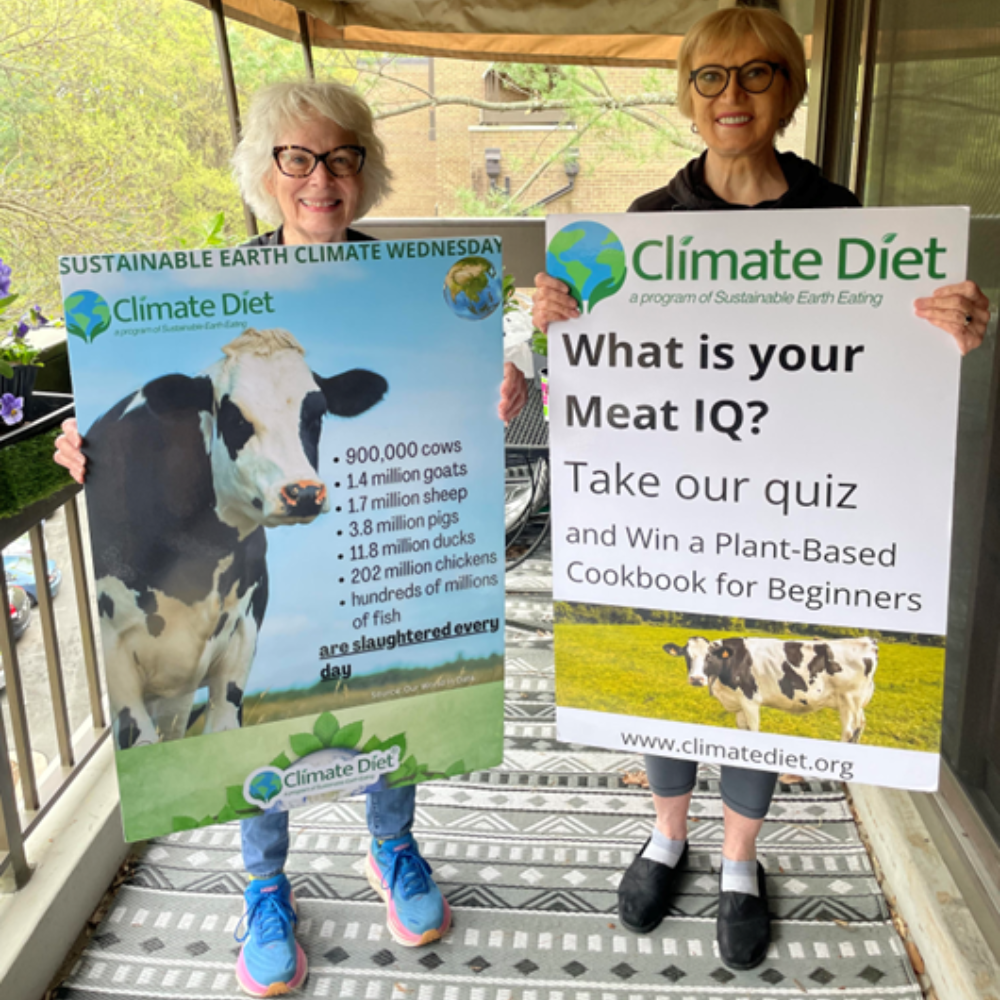


 Earth Day Webinar – Climate Change & Impact of Animal Agriculture
Earth Day Webinar – Climate Change & Impact of Animal Agriculture
